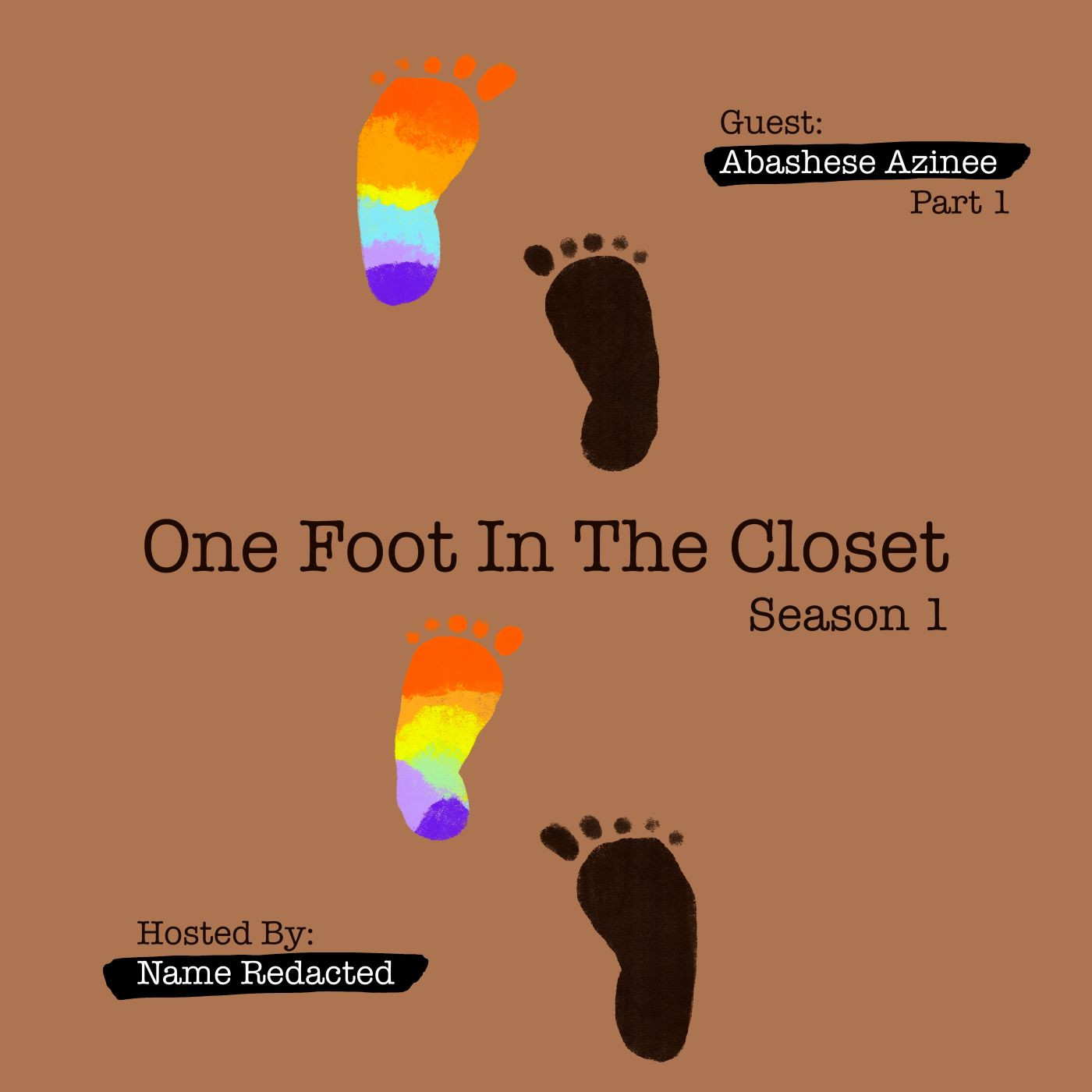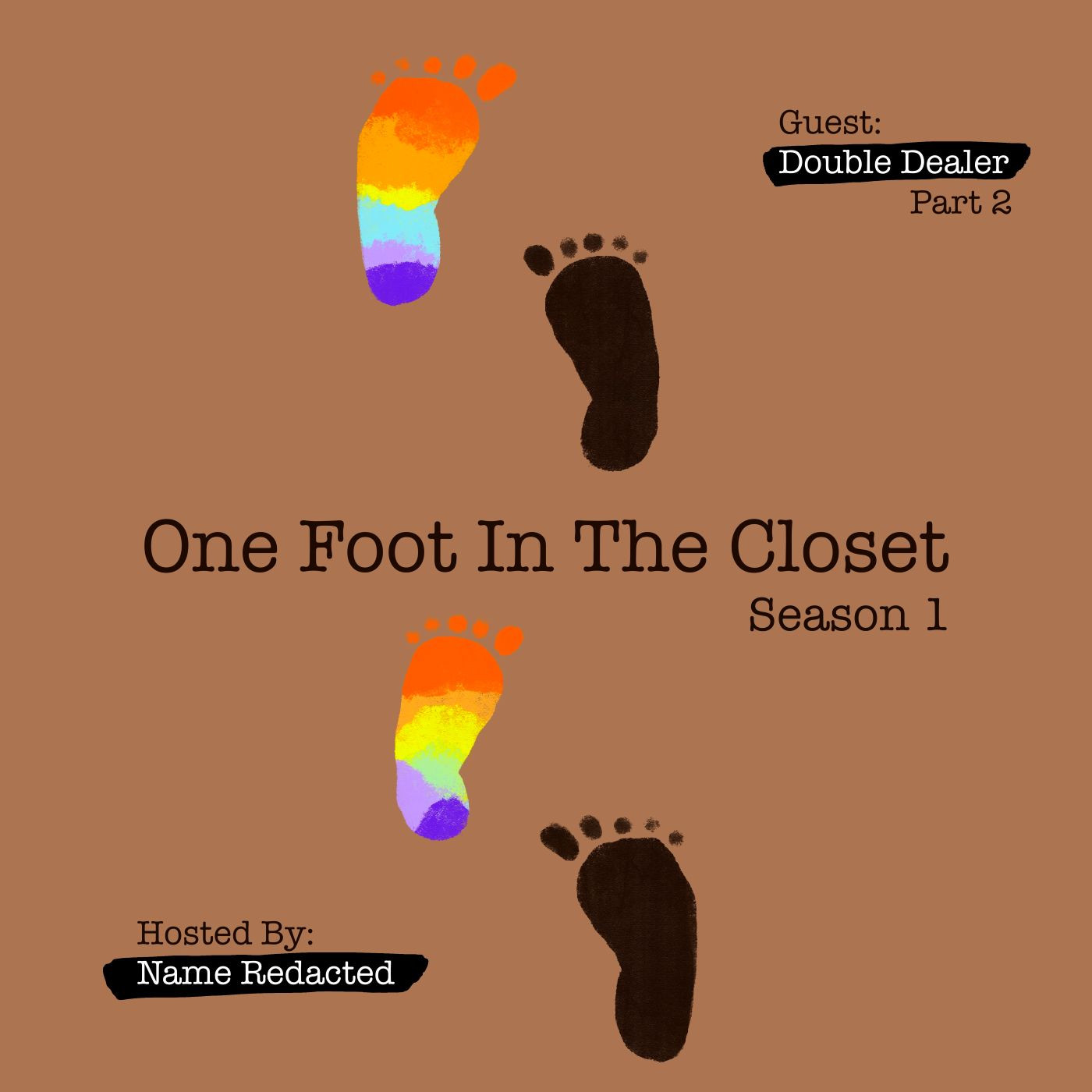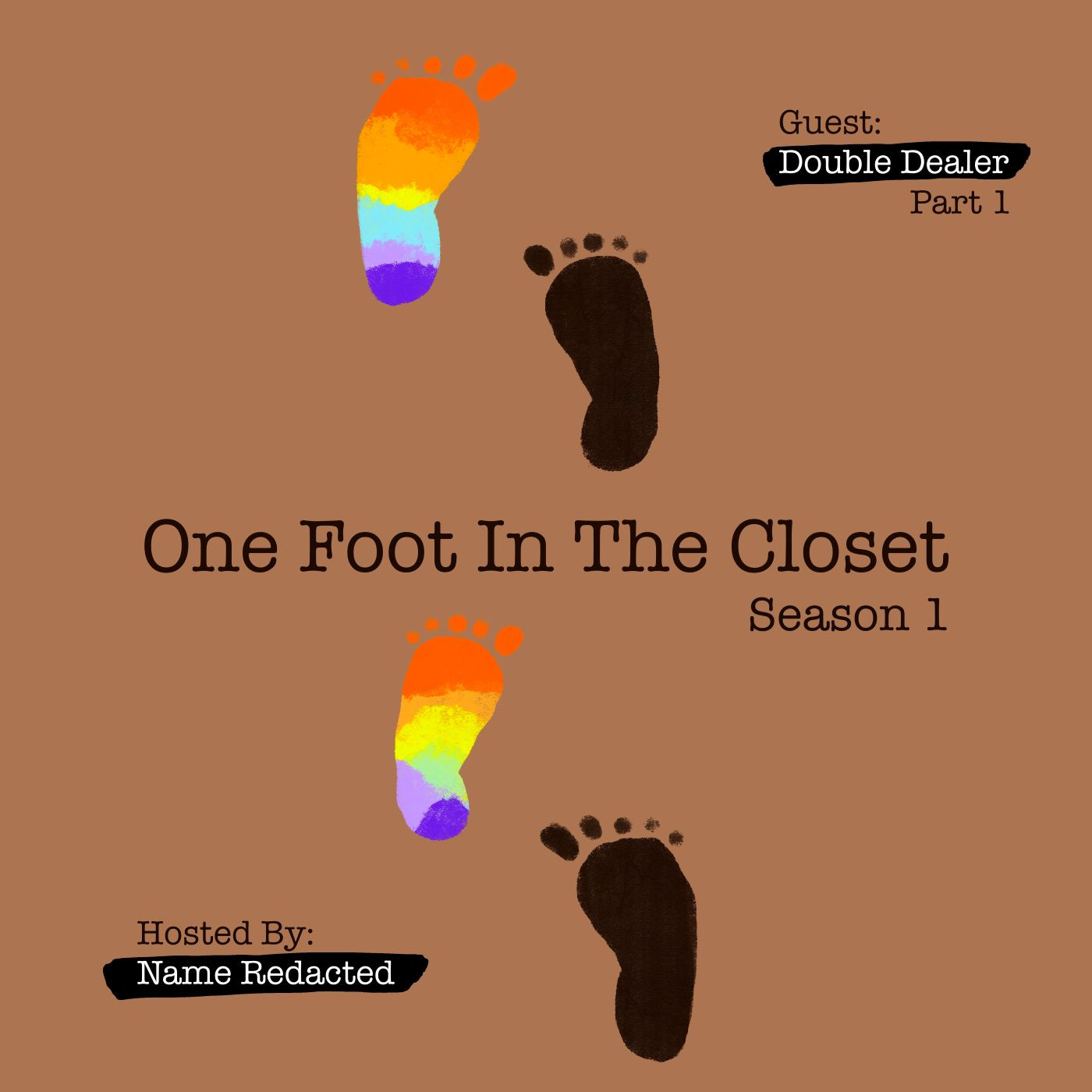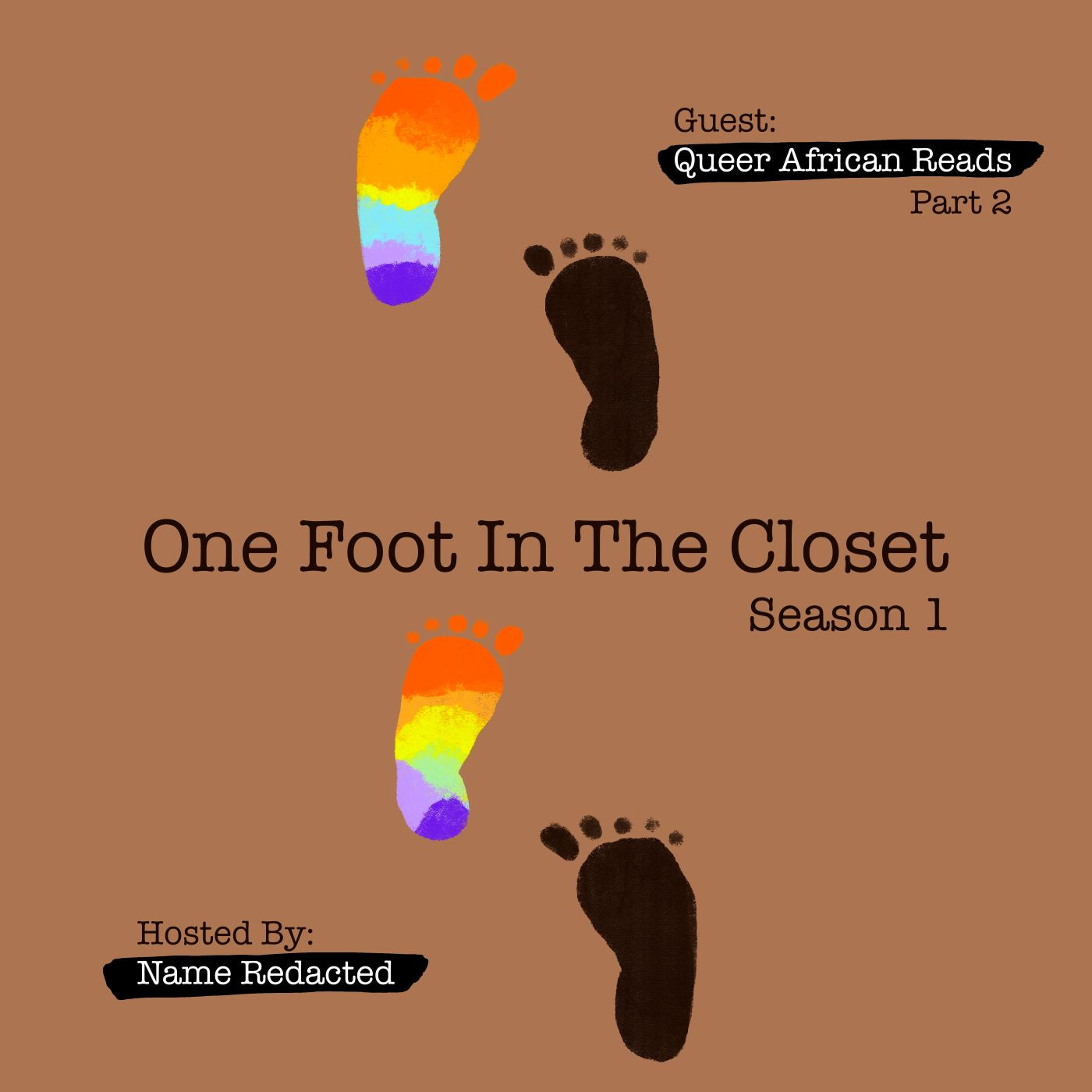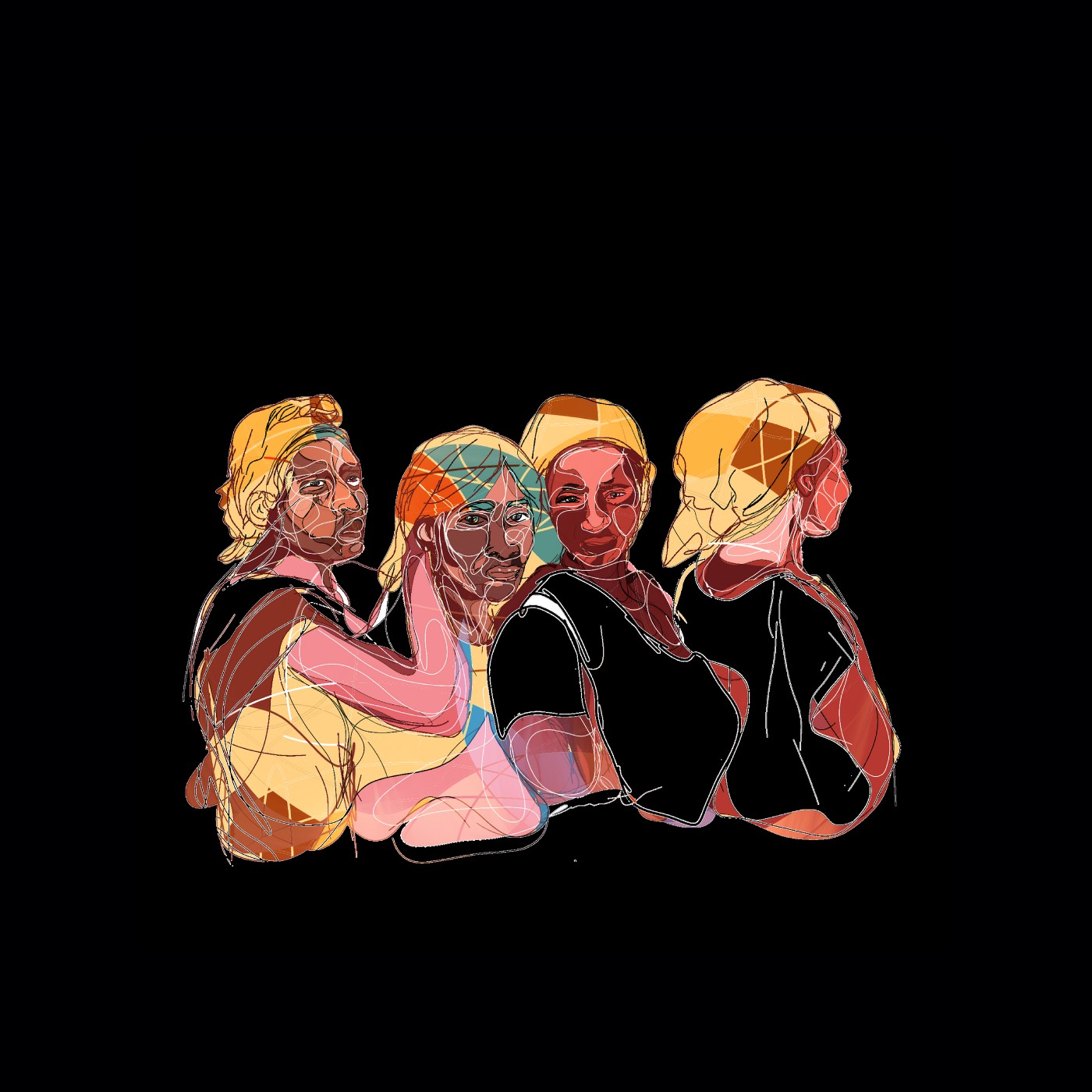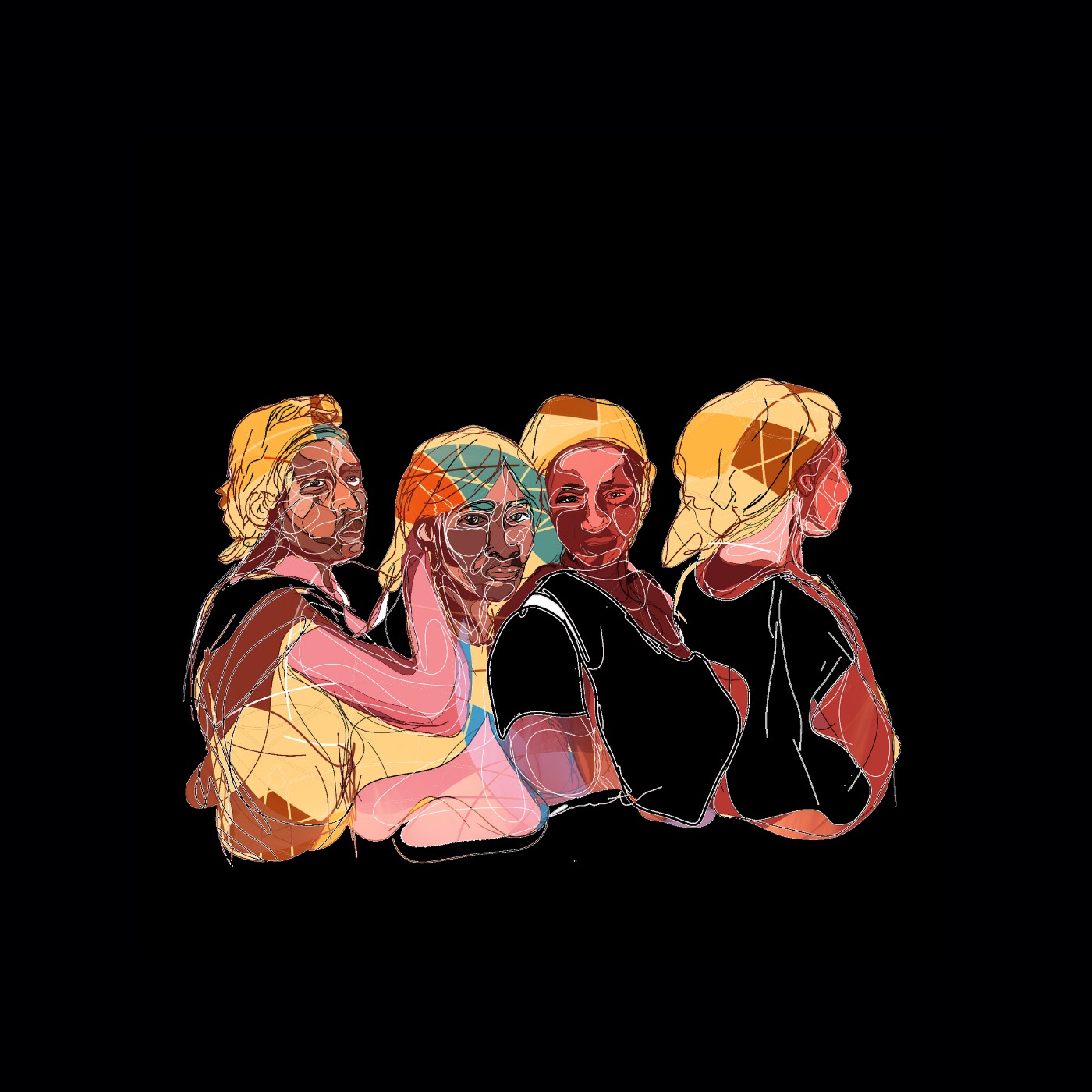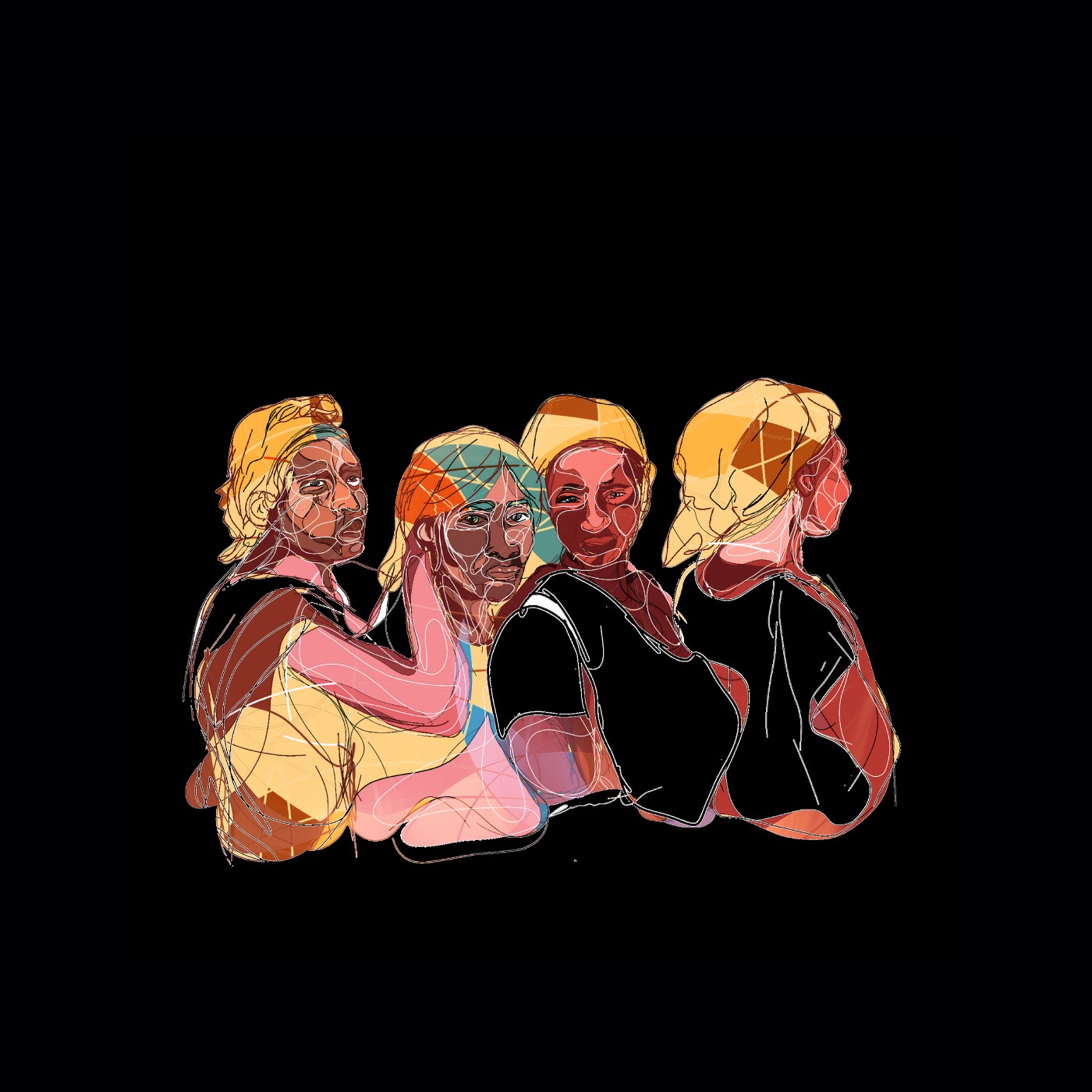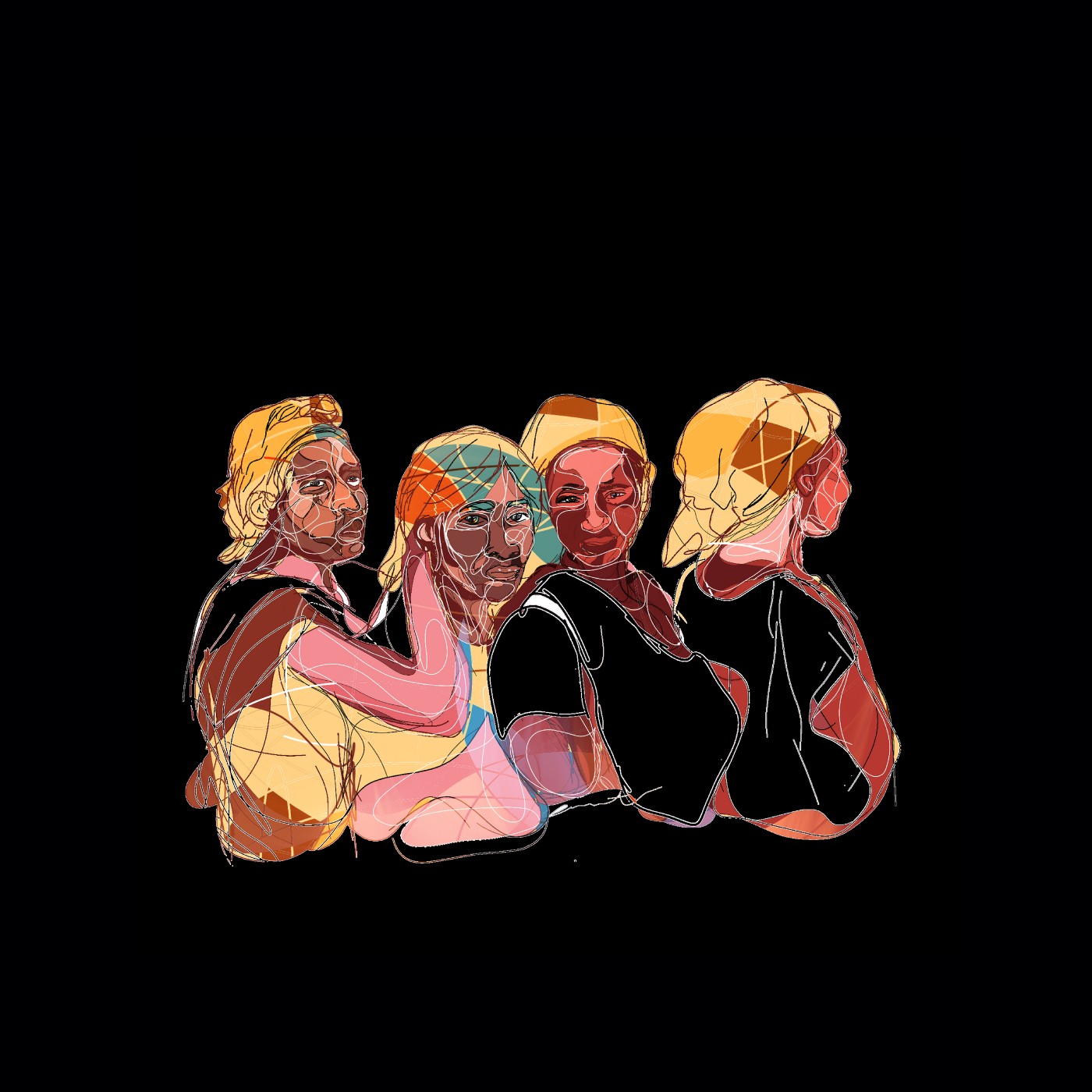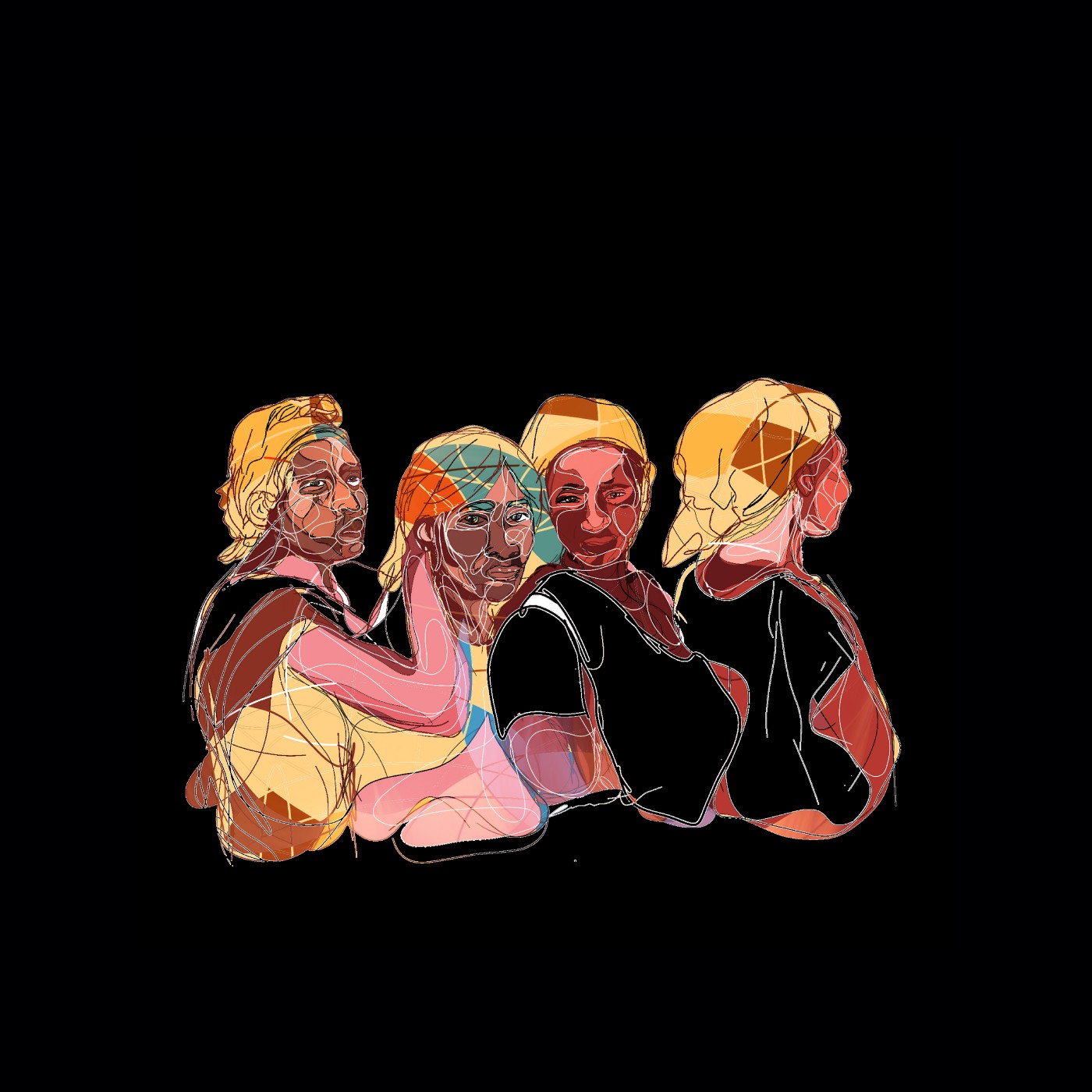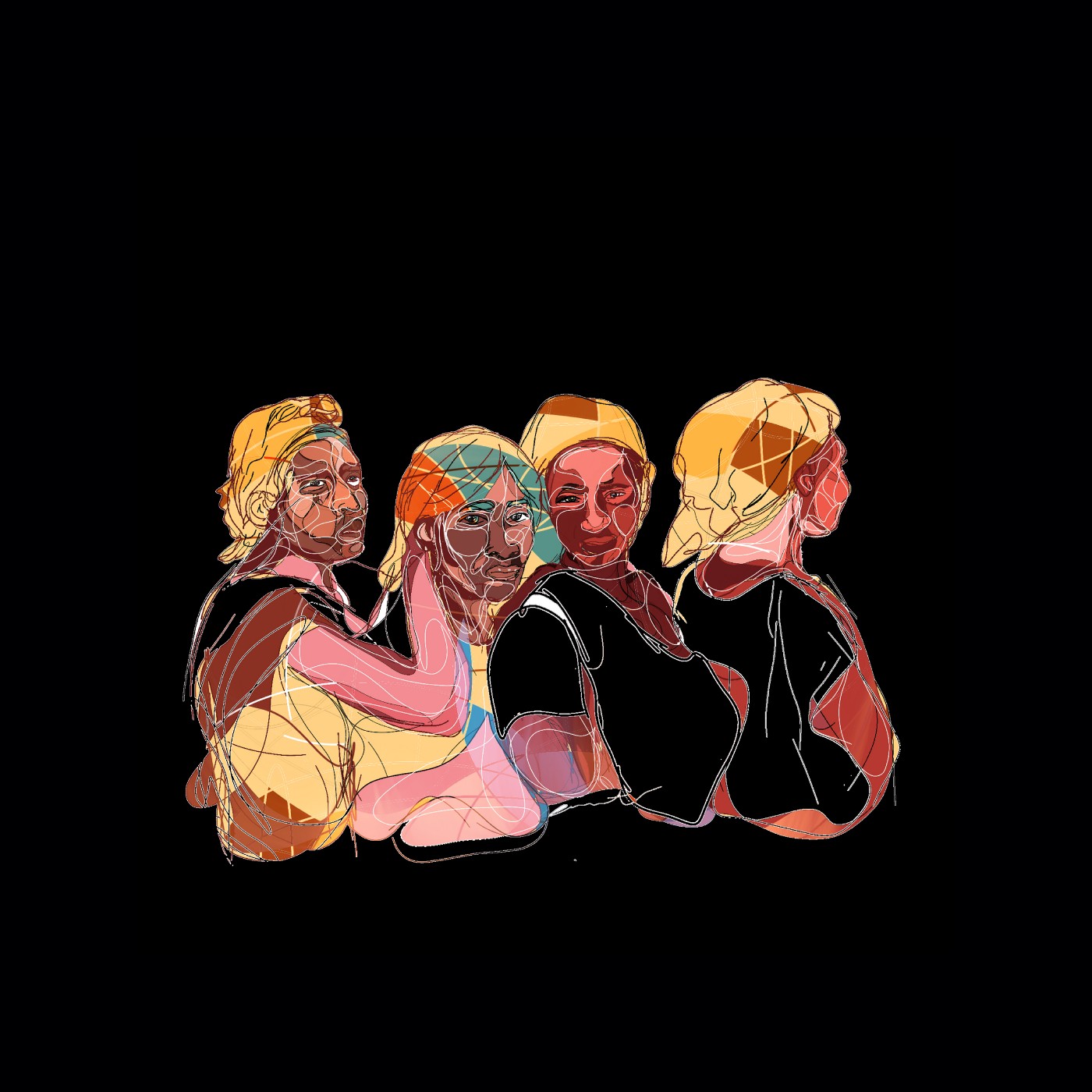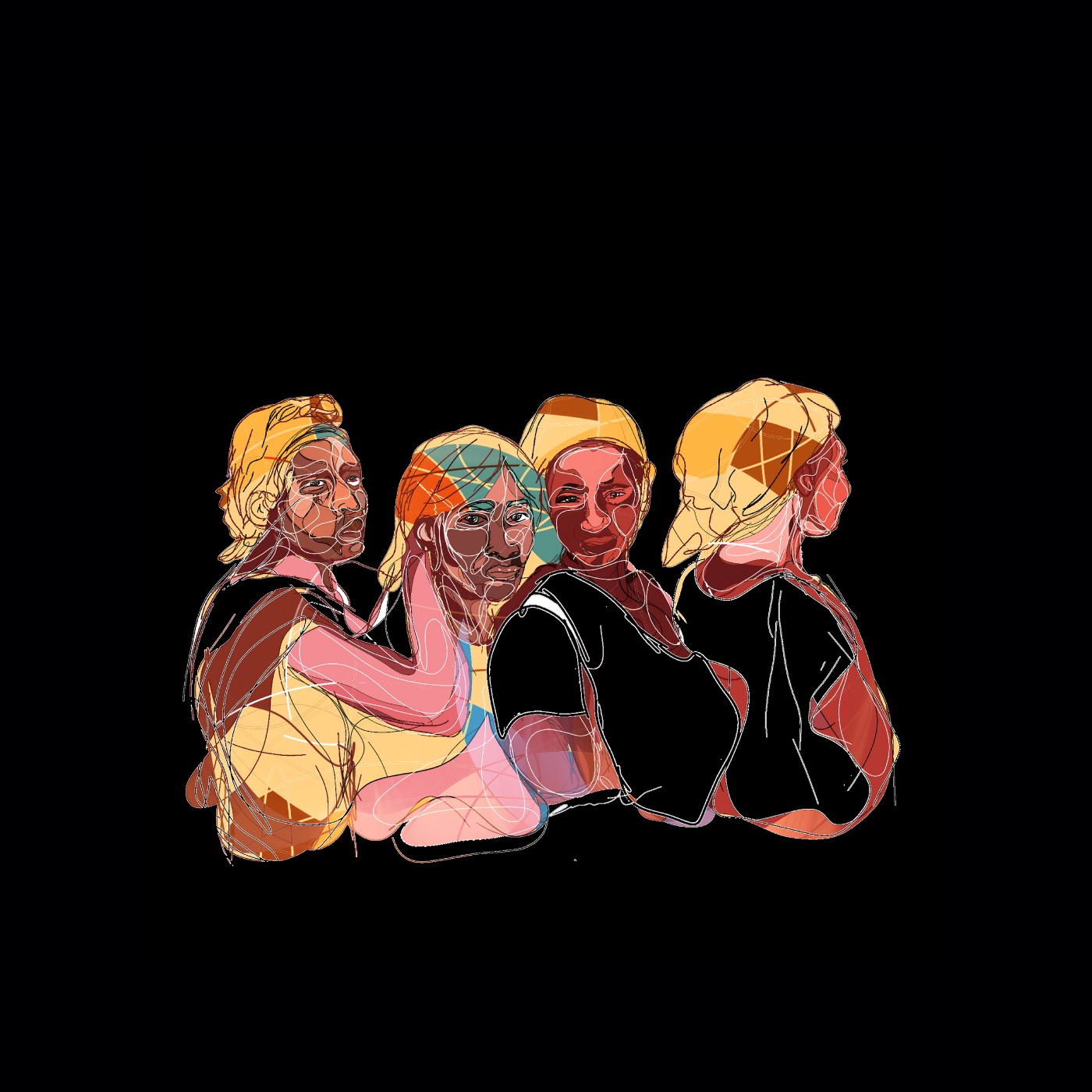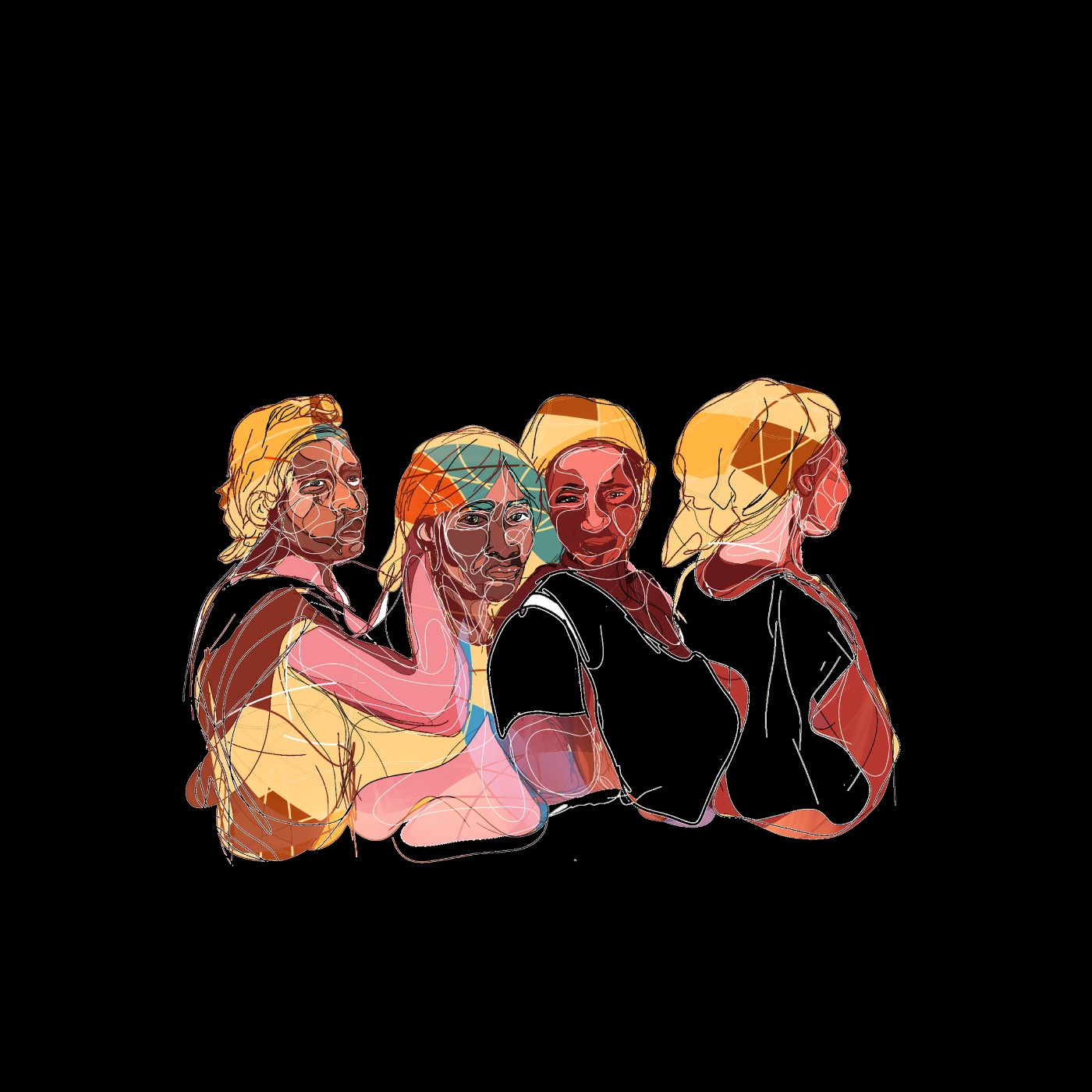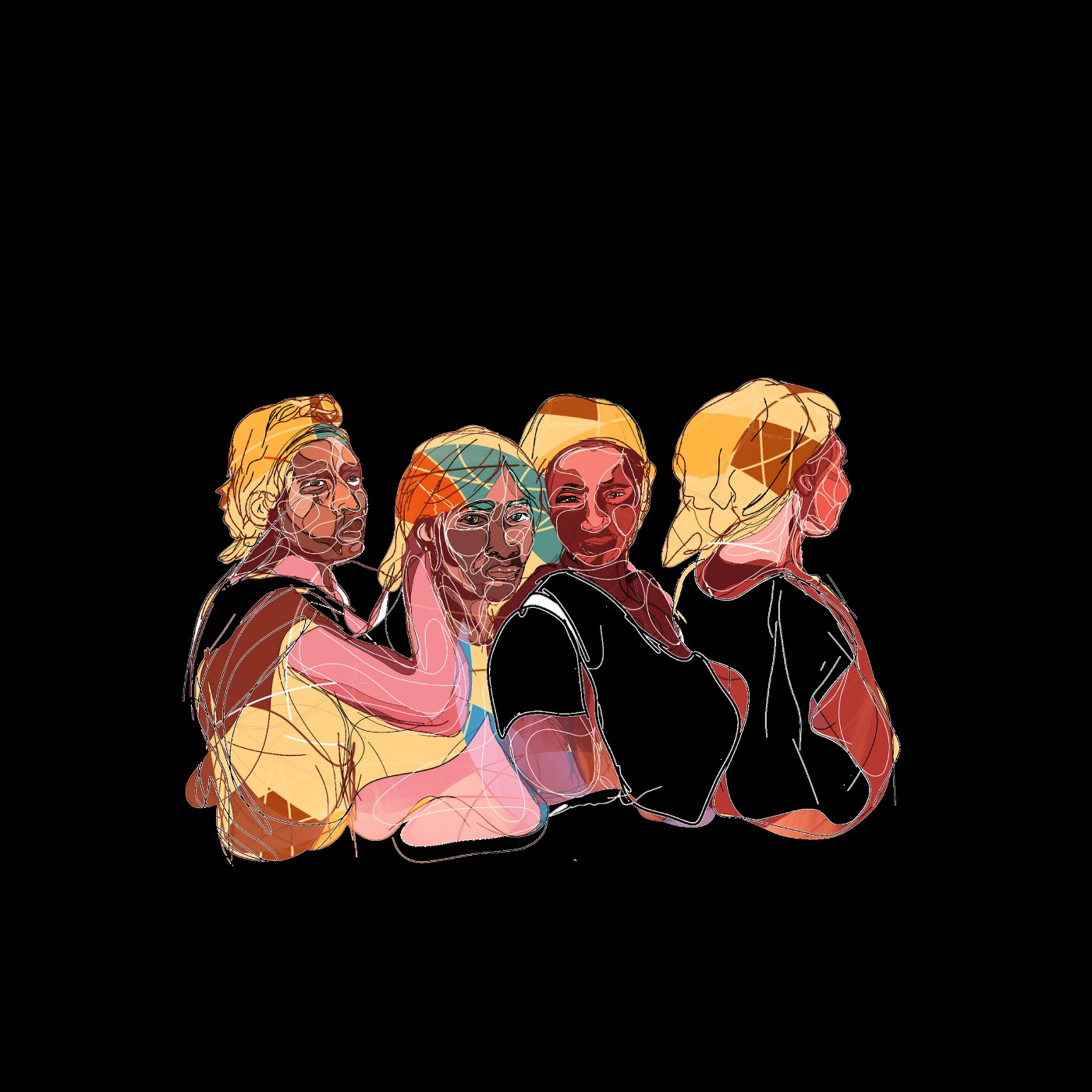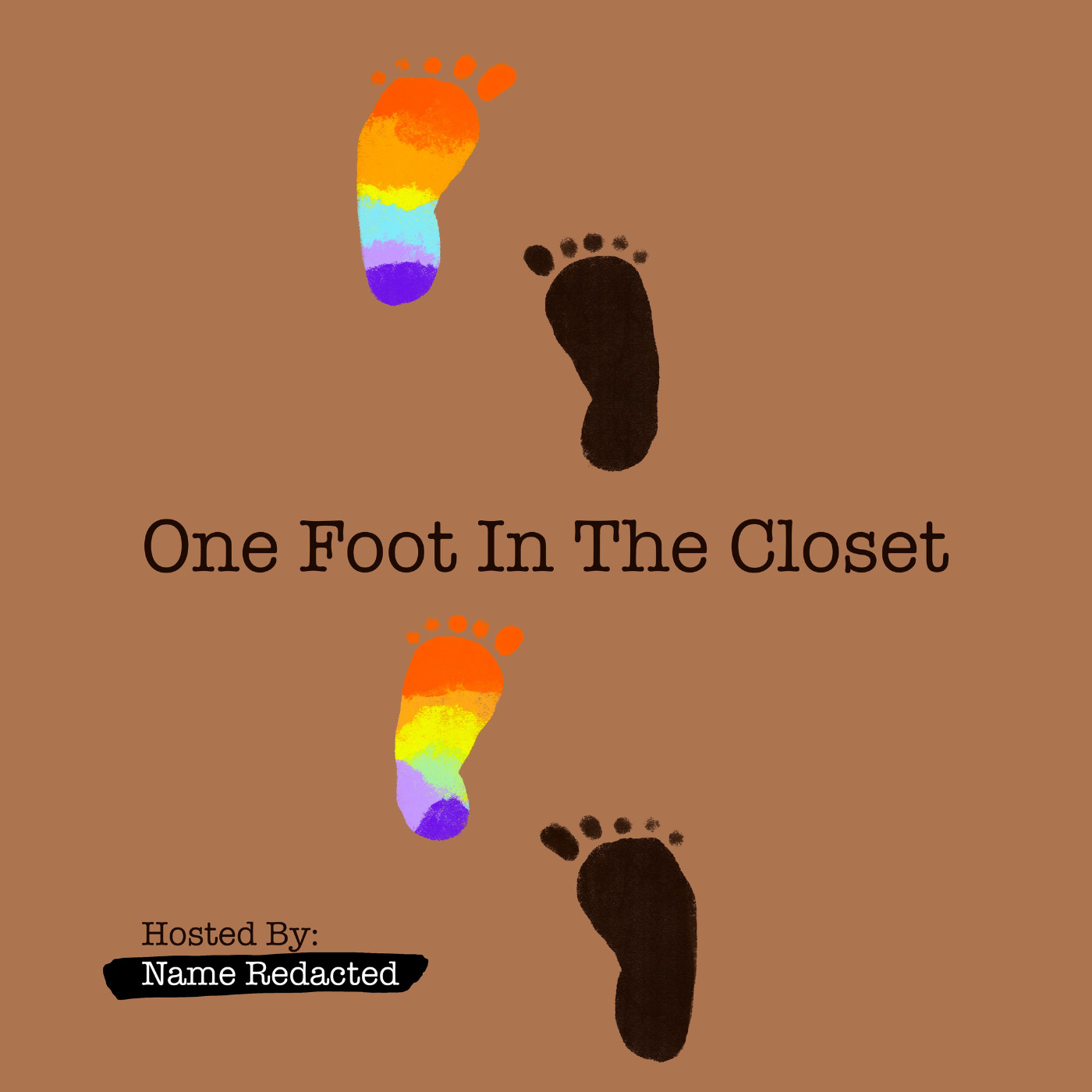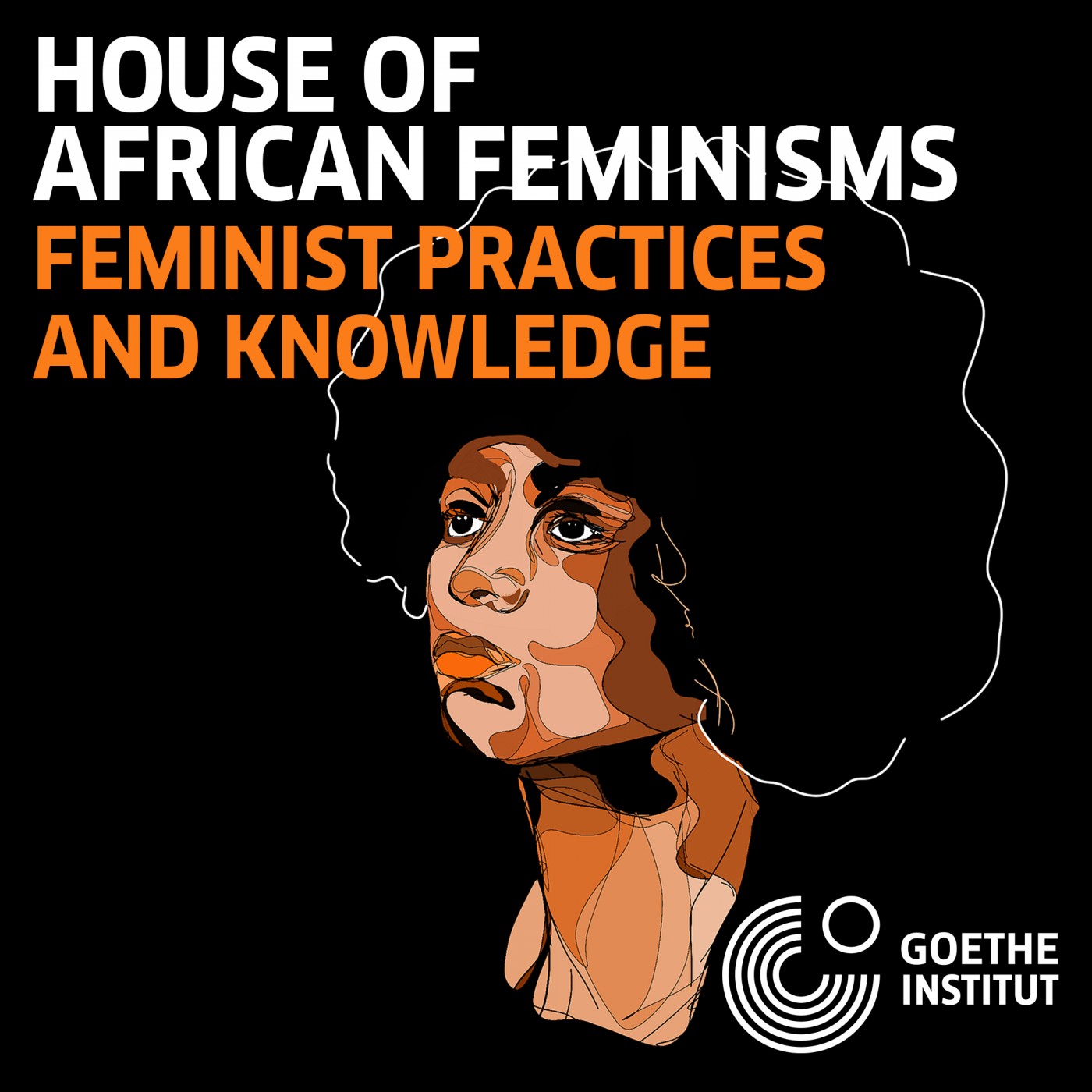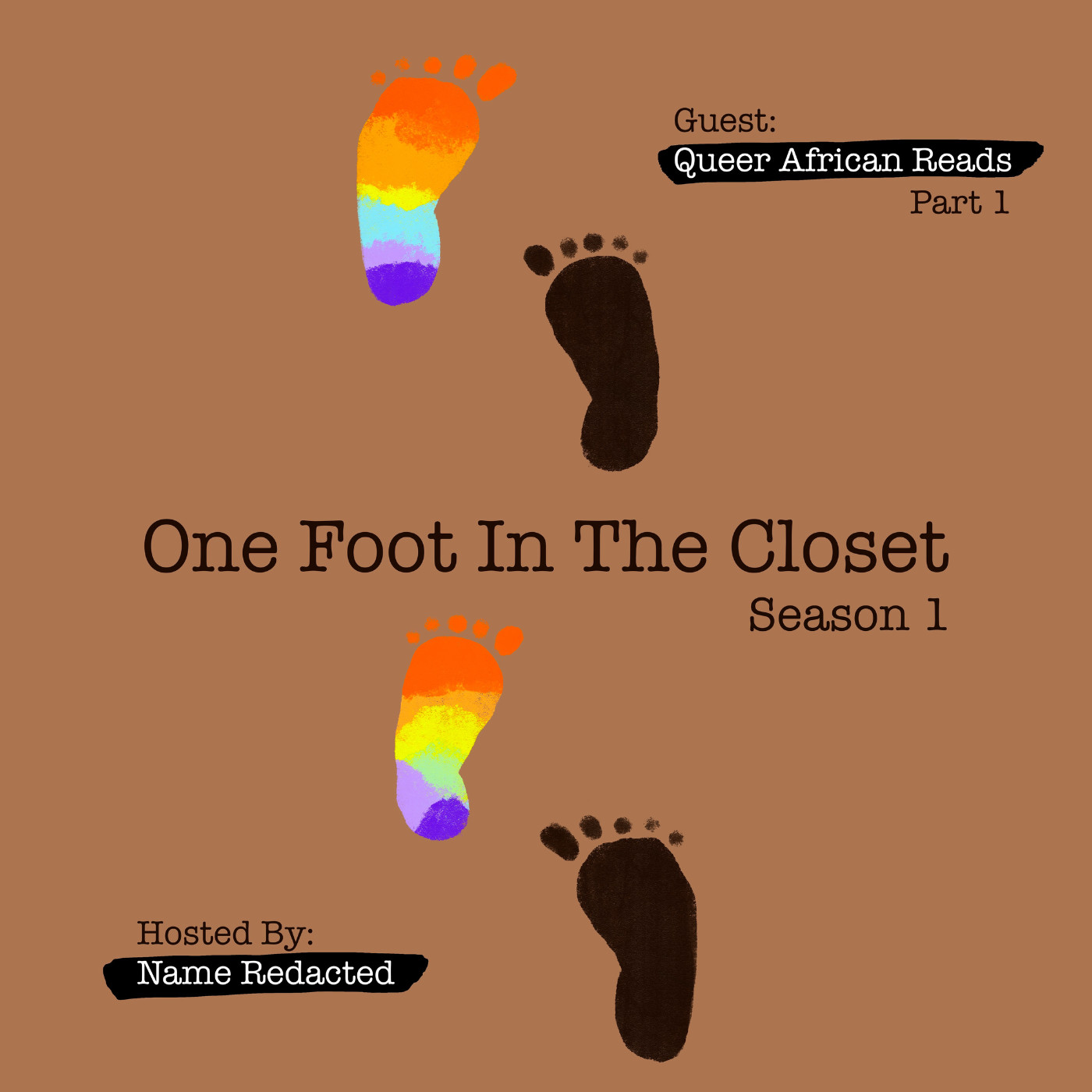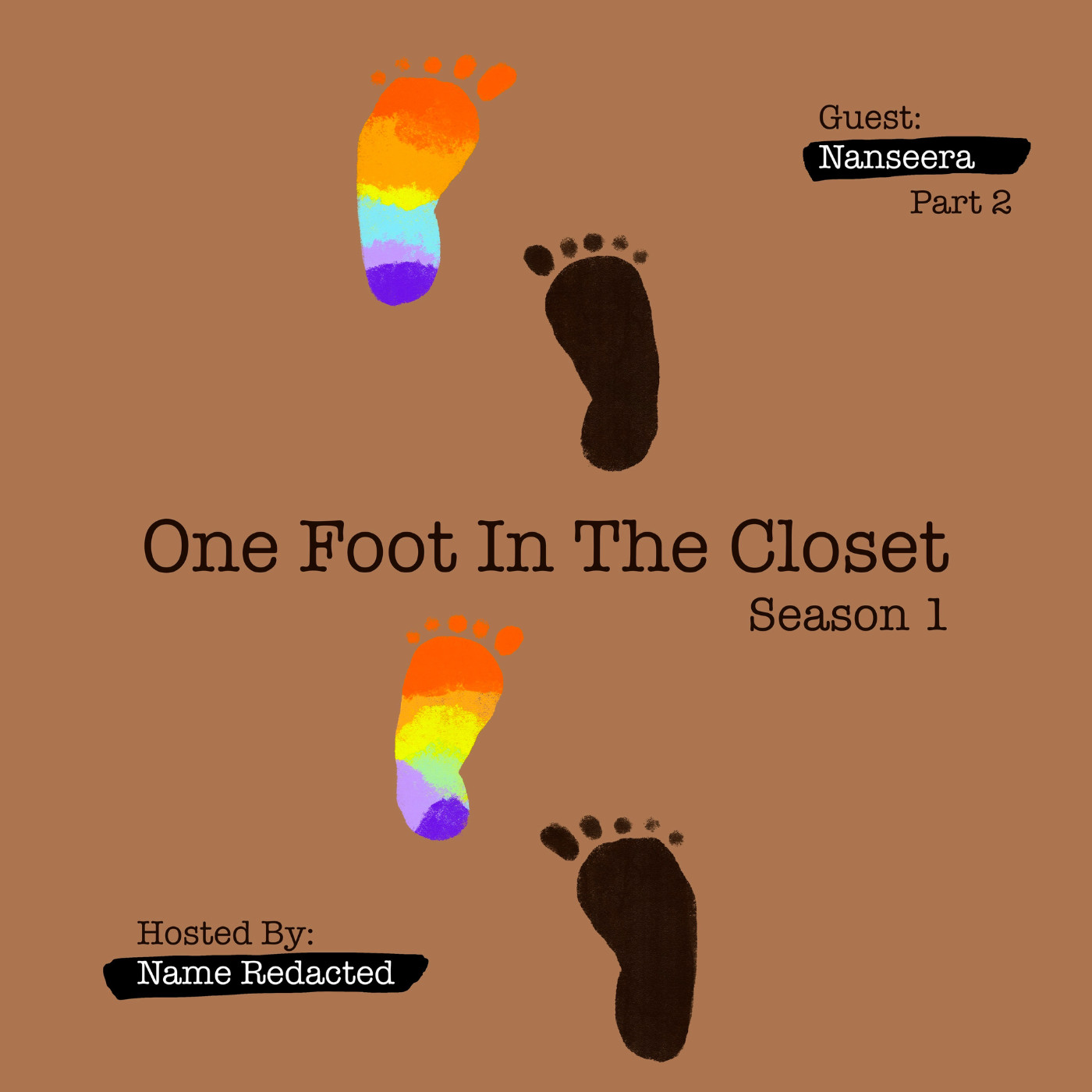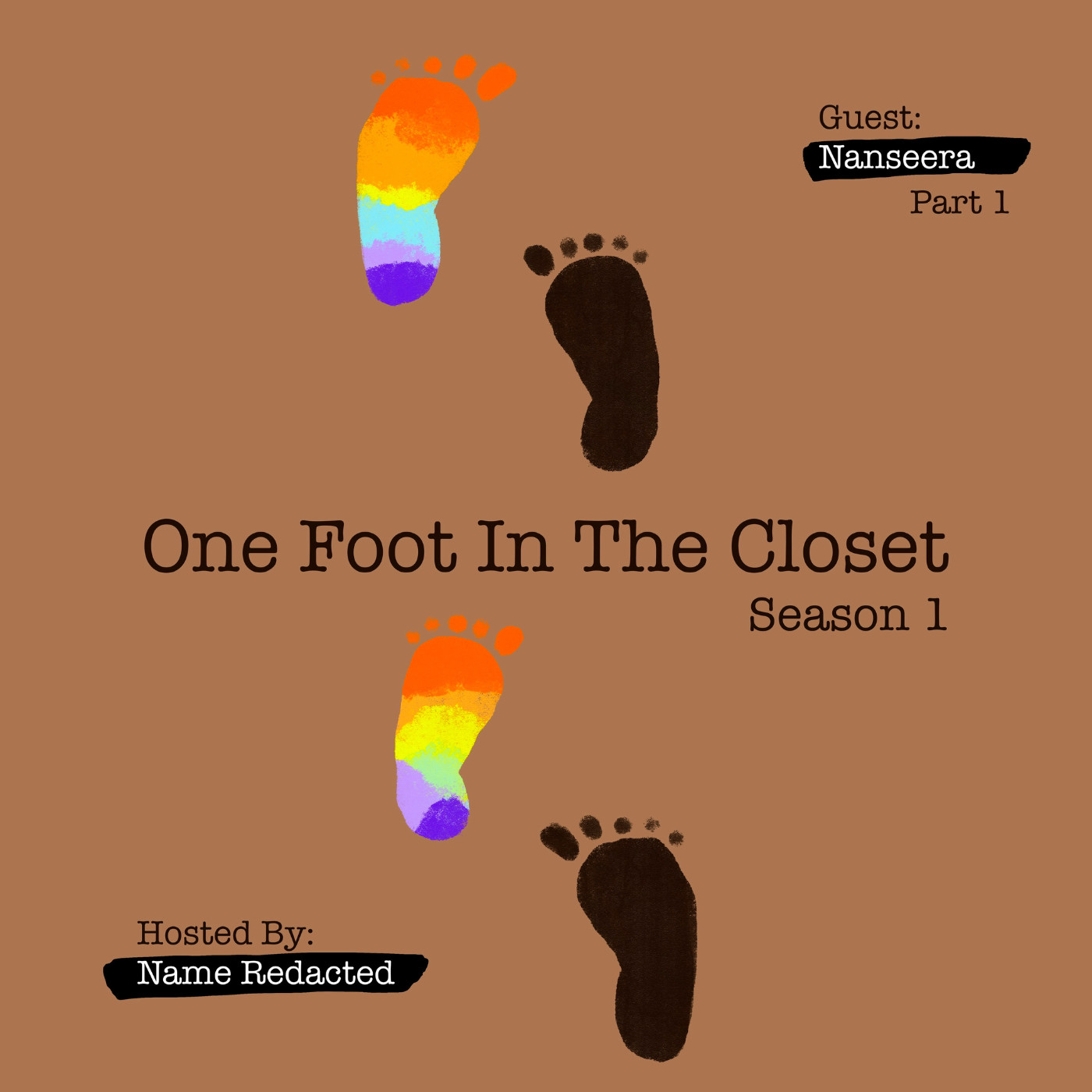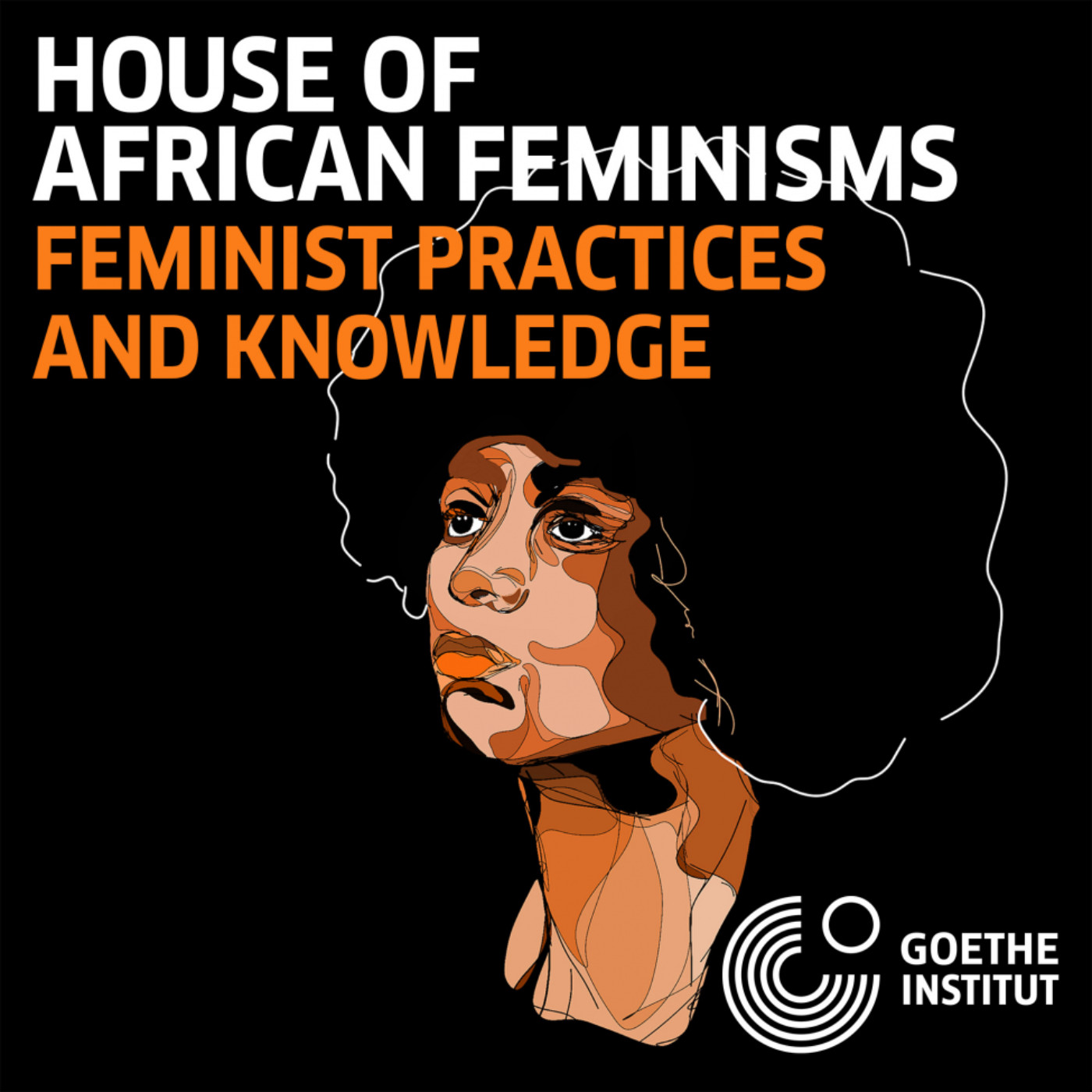Discover House of African Feminisms: Feminist Practices and Knowledge
House of African Feminisms: Feminist Practices and Knowledge

House of African Feminisms: Feminist Practices and Knowledge
Author: Goethe-Institut
Subscribed: 7Played: 19Subscribe
Share
℗ & © House of African Feminisms
Description
The House of African Feminisms is happy to announce the launch of its second podcast series titled “Gender Justice.” The series follows practitioners and thinkers in the field from Zambia, Rwanda, Kenya, and South Africa as they discuss Gender Justice from different perspectives including unequal pay, domestic work, school and the history of the subject.
23 Episodes
Reverse
In this episode of One Foot In The Closet, our host Name Redacted, sits down with Abashese Azinee, as they talk about:How queer spaces on the continent feel like a hugHow splitting oneself and being whoever they're allowed to be, instead of who they truly were, affects them over time? How African feminist Twitter spaces saved their lives and more!
Content warning for: alcoholism [17.24 - 22.00]
In this episode of One Foot In The Closet, our host Name Redacted, sits down with Double Dealer, as they talk about:Blurred lines between sex and loveWhy we need more queer representation in children's books, shows, and moviesExistential questions on whether or not gender is realNavigating a homophobic family and more! Content warning for: Predators [10.50 - 16.53], bullying
In this episode of One Foot In The Closet, our host Name Redacted, sits down with Double Dealer, as they talk about:Icebreakers Double Dealer uses to gauge if someone is queer positive or notBi-phobia, especially among queer peopleHow heteronormativity in queerness affects queer Africans and more!Content warning for: sexual assault [32.00 - 37.25]
In this episode of One Foot In The Closet, our host Name Redacted, sits down with Queer African Reads, as they talk about:The erasure of queer African histories and the myth of queerness being Un-AfricanThe privilege of pronounsBeing a Bookstagrammer and reading recommendations on queer African histories and queer fictionHow to respond when someone comes out to you and more! Content warning for: discussion of the safety concerns when coming out to people; being outed by someone or company policy forcing you to either misgender yourself or out yourself; the danger of being out and trans on the African continent; how a common response to coming out “we already knew” can be hurtful.
In episode five of our Gender Justice series, Zippy Okoth and Queenter Mbori explore Gender Justice from the perspective of Dr. Zippy Okoth’s personal life.
In episode four of our Gender Justice series, Mulenga Kapwepwe and Samba Yonga explore the history of Gender Justice fom a Zambian historical perspective.
In episode three of our Gender Justice series, Sandrine Mignonne Iradukunda and Uwera Rutamu Fabiola explore Gender Justice particularly unequal pay from a Rwandan perspective.
In episode three of our Gender Justice series, Sandrine Mignonne Iradukunda and Uwera Rutamu Fabiola explore Gender Justice particularly unequal pay from a Rwandan perspective.
In episode two of our Gender Justice series, Nyambura Mutanyi and Maureen Wambui explore domestic work as a site for gender-based violence and discriminatory labor practices.
In episode one of our Gender Justice series, Noma Pakade and Rudo Chigudu discuss Gender Justice in schools specifically in the South African context in a three part series. They discuss the education system as well as the challenges that youths face in their day to day lives.
In episode one of our Gender Justice series, Noma Pakade and Rudo Chigudu discuss Gender Justice in schools specifically in the South African context in a three part series. They discuss the education system as well as the challenges that youths face in their day to day lives.
In episode one of our Gender Justice series, Noma Pakade and Rudo Chigudu discuss Gender Justice in schools specifically in the South African context in a three part series. They discuss the education system as well as the challenges that youths face in their day to day lives.
In this intro of the House of African Feminisms (HoAF) second podcast series titled Gender Justice, the HoAF project coordinator gives a brief glimpse of what can be expected and the in-depth discussions to be had.
In this third offering from the House of African Feminisms in conjunction with Name Redacted they discuss being queer on the continent and the phenomenon of "coming out". In the season 1 premiere of One Foot In The Closet, our host Name Redacted, explains what One Foot In The Closet is; giving definitions for terms that folks might be unfamiliar with. They explain: the safety measures used for themselves and their guests; their reasoning behind the majority of episodes being 2-part episodes; the content warnings in the show notes which should be read before listening to an episode; and the impetus of One Foot In The Closet. Name Redacted concludes by reiterating that the podcast is a team effort and giving everyone on the team their due praise and credit; and a note to listeners on how to support and engage with the podcast.
Interdisciplinary artist, researcher, and storyteller Efua Oyofo discusses the layers of her multi-sensory cultural heritage project, “udamalore”. In an enlightening conversation with journalist Ciku Kimeria, Efua provides keen insight into soft-feminism, African warfare symbolism, and the variegated realities of African culture and history. This installation tells audio, tactile, and visual African stories of triumphant women, by blending together multiple aspects of African heritage and warfare - and thus building a living archive of African women's lives and identities.
In this episode of One Foot In The Closet, our host Name Redacted, sits down with Queer African Reads, as they talk about:How they both don't understand how metrosexual became a thingHow people weaponize identity politics as a way of avoiding criticism and communityThe obliviousness behind queering the ballot in Kenya and how elite capture waters down movementsTheir fears of ever becoming wealthyand more!
Notes: Both the host and interviewee chose their respective pseudonyms for their safety on the podcast.
Content warning for: discussion of sexual repression in Catholic schools ; mentions of weapons manufacturers involvement in the decimation of Black and Brown babies across the world.
In the second episode of One Foot In The Closet, our host Name Redacted, sits down with Nanseera, as they talk about: Being queer and being lower middle class; simultaneously a dependent of your family while being your family's hope for upwards social mobility due to being the first degree holder in generationsBalancing knowing that someone who loves you, and someone who loves you, doesn't love a part of you The pressure to get married by family and society, bringing people to your home to matchmake with no knowledge or consideration of your queerness or stance on marriageExperiences creating art with One Foot In The Closet and having to change pronouns or work under pseudonyms to create queer art Content warning for: Political leaders attacking queer people as a way to rally people; pastors with an anti-queer agenda and associating queerness with Satan; and being outed by a well-meaning person.
In the debut episode of One Foot In The Closet, our host Name Redacted, sits down with Nanseera, as they talk about: Catholicism, including: Catholic Schools, the hypocrisy of Catholicism, Catholic guilt, our respective childhood dreams of Nunhood and the Priesthood, and Queer witch hunts in Catholic SchoolsDiscovering atheism after leaving a hyper-religious environment The false narrative that Queerness is Un-AfricanThe perils of navigating dating apps and subtle ways of expressing queerness while keeping One Foot In The Closet.
This episode contains brief loud bird calls due to the recording environment.
Content warning for: Mentions of Catholic school queerphobia, prohibitions and punishment. Mention of heterosexual girls wrongfully thinking queer girls want to rape them.
An introduction to the podcast series „Feminist Knowledge and Practices“ produced by the „House of African Feminisms“ in cooperation with different female contributors from the African continent.
In this first episode of the House of African Feminisms podcast, Edwige Dro chats with Ivorian feminist, Désirée Dénéo, General Secretary of La Ligue – The Ivorian League of Ivorian Feminists. Did you know that it was only in 1983 that Ivorian women could get a bank account in their name, and even then, only a savings account, and that, with their husbands’ permission? And what about the everyday sexism so entrenched in Ivorian society? Listen to the podcast, in French, or read the transcript in English on our website: https://houseofafricanfeminisms.org


